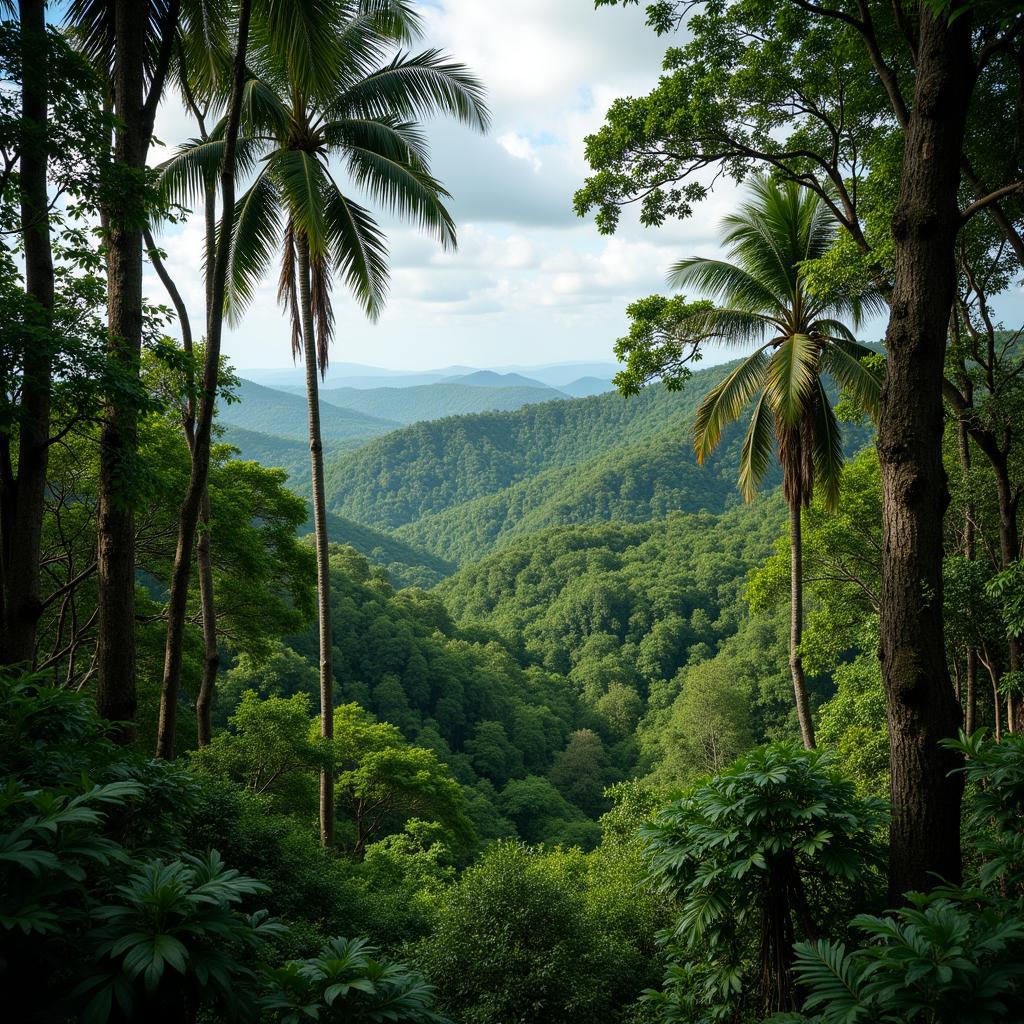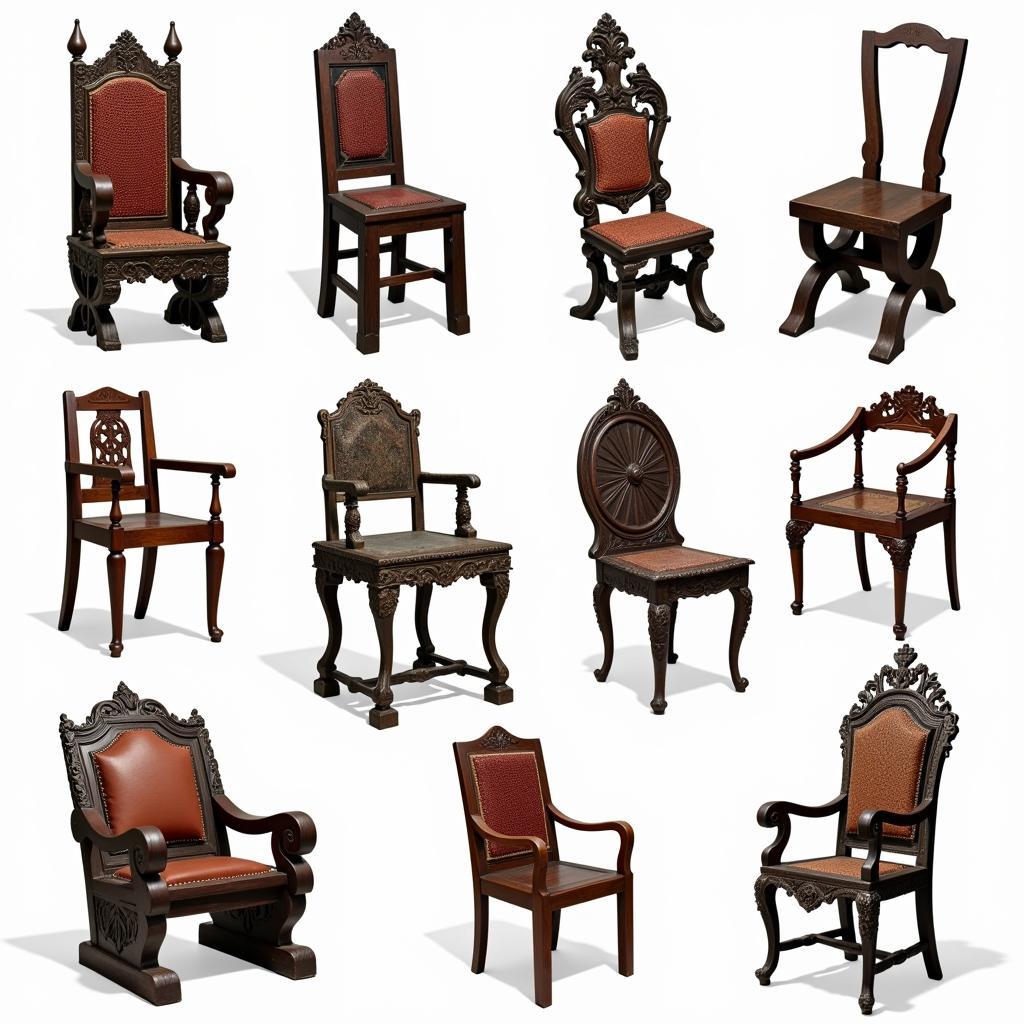African Gods Wikipedia: A Deeper Dive into Deities and Beliefs
African gods, a topic often explored through resources like Wikipedia, represent a rich tapestry of beliefs and traditions across the continent. Understanding these deities is key to appreciating the complex spiritual landscape of Africa’s diverse cultures. This article goes beyond a basic Wikipedia entry, offering a deeper look into the fascinating world of African mythology and the significance of these powerful figures.
Exploring the Pantheon: Key African Gods and Their Stories
African mythology doesn’t present a unified pantheon like Greek or Roman mythology. Instead, each ethnic group, tribe, and region boasts its unique deities, often reflecting local customs, environments, and societal structures. While Wikipedia offers a helpful overview, exploring individual cultures reveals the nuanced stories and symbolism associated with these gods.
West African Deities: Power and Wisdom
West African traditions are rich with powerful gods and goddesses. For example, the Yoruba people of Nigeria revere Olédùmarè, the supreme creator, and Òrúnmìlà, the god of wisdom and divination. The Ashanti people of Ghana worship Nyame, the sky god, and Asase Ya, the earth goddess. These deities, often intertwined with ancestor veneration, play vital roles in daily life, influencing everything from agriculture and healing to justice and warfare.
East African Mythology: Spirits and Ancestors
East African spiritual beliefs often focus on the connection between the living and the dead, with a strong emphasis on ancestor veneration. Among the Maasai, Engai is the supreme god, while spirits of nature and deceased ancestors are also honored. In other East African cultures, various spirits and deities are believed to influence daily life, from weather patterns to health and prosperity.
Southern African Beliefs: Mythology and Folklore
Southern African mythology incorporates a diverse range of beliefs and practices, influenced by both indigenous traditions and later cultural interactions. Stories of creator gods, ancestral spirits, and mythical creatures are woven into the fabric of these cultures, offering insights into their values and understanding of the world around them.
Beyond African Gods Wikipedia: Understanding the Context
While “African Gods Wikipedia” serves as a starting point, further exploration is crucial for a deeper understanding. Academic research, anthropological studies, and engagement with local communities offer valuable insights beyond basic encyclopedic information. This deeper dive helps uncover the rich narratives, rituals, and symbolism that define African spiritual traditions.
The Role of Ritual and Ceremony
Rituals and ceremonies are integral to African spiritual practices. These practices, often involving music, dance, and offerings, serve to connect with the divine, honor ancestors, and ensure harmony within the community. Understanding these rituals provides a window into the beliefs and values of different African cultures.
African Gods and Modern Life
The influence of African gods isn’t confined to the past. Many traditional beliefs continue to thrive in modern Africa, interwoven with contemporary religious practices and social structures. Exploring how these ancient beliefs adapt and evolve in a changing world provides a fascinating perspective on the enduring power of tradition.
Conclusion: Exploring the Richness of African Spirituality
African gods, as explored beyond a simple “African gods Wikipedia” search, represent a vast and captivating subject. Delving into the specific beliefs and practices of individual cultures reveals the depth and complexity of African spirituality. By moving beyond general overviews, we can truly appreciate the richness and diversity of these ancient traditions.
FAQ
-
Are African gods similar to Greek gods?
No, African mythology is diverse and each culture has its unique pantheon, unlike the unified Greek system. -
Where can I learn more about specific African deities?
Beyond Wikipedia, academic resources, anthropological studies, and cultural centers offer valuable information. -
Are traditional African religions still practiced today?
Yes, many traditional beliefs are still practiced, often interwoven with contemporary religions. -
What is the role of ancestors in African spirituality?
Ancestor veneration is a significant aspect of many African traditions, with ancestors believed to influence the living. -
Are there common themes across different African mythologies?
While diverse, some common themes include creator gods, ancestor veneration, and a strong connection to nature. -
How are African gods represented in art and culture?
African gods are often depicted through sculptures, masks, textiles, and oral traditions, reflecting the artistic styles of each culture. -
What is the best way to learn about African religions respectfully?
Engaging with academic resources, cultural centers, and local communities with respect and sensitivity is crucial for understanding.
Looking for more in-depth information about African cultures and traditions? Explore our other articles on African art, music, and history.
When you need assistance, please contact us: Phone Number: +255768904061, Email: kaka.mag@gmail.com or visit us at: Mbarali DC Mawindi, Kangaga, Tanzania. We have a 24/7 customer service team.

